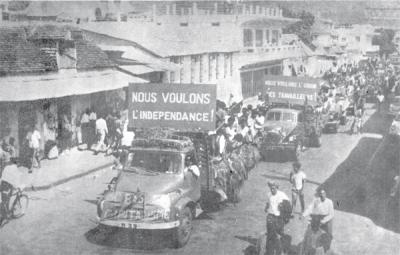Mauritius this year embarks on its 45th year as an independent sovereign state. Times of commemoration can occasion fresh ways of rethinking. This article will look first at two related issues : the excision of Chagos and Mauritian Independence. It draws heavily on research on recently declassified official British papers kept at the British National Archives. Academic research based on primary documentary evidence is an arduous, time-consuming and very costly work. But it is worth the attempt made.
The anti-imperialist resistances in Asia, Africa and even earlier in the Americas were based on nationalist political movements, the sense of nationality, that is the personal and cultural feeling of belonging to a nation. This was sorely lacking in Mauritius. We will therfore, secondly, have to make a reflection in our memory and in our historial narratives for evidence of nationalism. In Mauritius, through state enforced popular culture, political rhetories and eulogical narratives, our history has been embedded in myths, histories and heroics. The biographies of our political leaders, more often than not, verges on hagiographies. We must take a fresh look at our current historiography.
However, it must be said our leaders are part of our peculiar historical evolution. In the sanctum sanctorum of the Pantheon of our political deities, Sir Seewoosagur Ramgoolam (SSR) occupies the prime place and has been raised, perhaps rightly so, to the status of « Father of the Nation ». His role is paramount in securing independence, but on British terms and launching our fledgeling new state on the path of nationhood, again with British help.
MAURITIUS INDEPENDENCE : Marginalism and political control (part 1)
- Publicité -
EN CONTINU ↻


